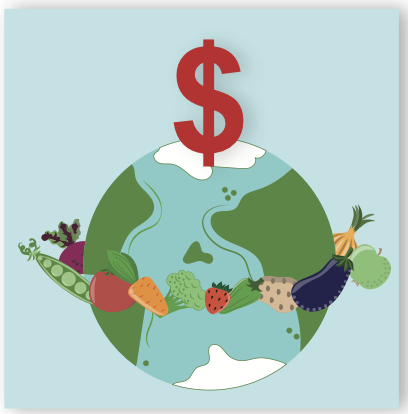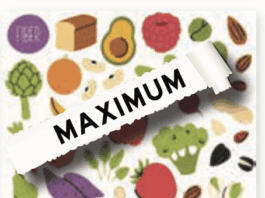Is Grazing Good for You?
Eating small amounts of food throughout the day (grazing), rather than taking in most of your calories in main meals and a few snacks, is associated with greater body mass index (BMI) in women and a poorer quality diet in both sexes, according to an Australian study in The American Journal of Clinical Nutrition.
Unlocking Nutrients with Oils
Raw orange, red, yellow, and dark green vegetables contain vitamin E and K as well as carotenoids, such as beta-carotene, which the body converts into vitamin A. Mixing a bit of healthy plant oils with your greens helps unlock fat-soluble nutrients. But how much oil do you need to drizzle on your salads to get that benefit?
Cooking for Food Allergies, Intolerances and Gluten Sensitivity
Q: Who must avoid gluten?A: People who must avoid gluten (a protein in wheat, barley, rye and related grains such as farro and spelt) include people with celiac disease and people with non-celiac gluten sensitivity.
Protein at Each Meal for Muscle Strength?
Spreading protein intake more equally among breakfast, lunch and dinner was associated with greater muscle mass and strength (but not mobility) in healthy older adults compared to eating the majority of protein later in the day, says new research in the American Journal of Clinical Nutrition.
Eating Increases Feel-Good Hormones
Eating leads to widespread opioid release in the brain, which signals feelings of satiety (fullness) and pleasure, according to a study in the Journal of Neuroscience.
Offset Obesity Genes with Physical Activity
Increased genetic risk for obesity doesnt necessarily mean youll become obese, and maintaining a more physically-active lifestyle may decrease the obesity risk contributed byyour genetics, says Lu Qi, MD, PhD, senior author of a recent study on the topic published in Diabetes and director of the Tulane University Obesity Research Center in New Orleans.
Another Step Closer to Calories on Menus
Recently FDA Commissioner Scott Gottlieb, MD, announced the FDA will be providing additional, practical guidance on menu (calorie) labeling requirements by the end of this year.
Eggs with Cracked Shells: Still Safe to Eat?
Q: If there is a crack in the shell of an egg, is it still OK to use?
Fitness and Diet DNA Testing
Q: Companies can find me the best diet based on genes. Is this worthwhile?
Step Away from the Smorgasbord
With the holidays approaching, a new study in PLOS One reinforces the importance of staying a good distance away from festive food tables to help avoid overeating.



























